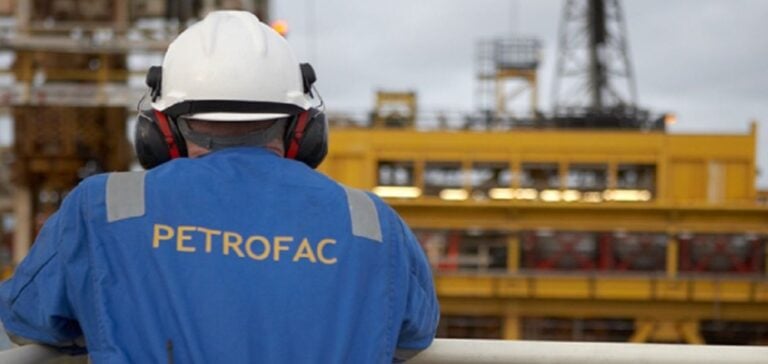The London-based Petrofac Group, which specializes in oil and energy services, experienced a spectacular rebound on June 4, 2024 on the London Stock Exchange. Its shares soared 57% to 16.50 pence at around 10.40 am, following the resumption of trading after a month’s suspension. This performance comes despite the publication of a net loss widened by almost 58% to $505 million for fiscal year 2023. While this result reflects the difficulties encountered by the company, including further losses on its existing contract portfolio, the Group has at the same time racked up an “exceptional” order book.
Record orders but financial difficulties
Although 2023 was described as “difficult” by Managing Director Tareq Kawash, with losses notably on the Thai Oil Clean Fuels project in Thailand, Petrofac managed to more than double its order book last year. This is now in excess of $8 billion, thanks in particular to a major framework agreement worth 13 billion euros signed with Japan’s Hitachi Energy and the Netherlands’ TenneT for offshore wind power. Despite these record orders, financial difficulties on other contracts led the Group to implement a restructuring plan, in particular to reduce its debt. A group of bondholders has made a proposal to provide up to $300 million in additional credit, which could result in the conversion of a significant proportion of the Group’s existing debt into equity. According to Tareq Kawash, this restructuring is currently underway.
Spectacular recovery despite difficult environment
Despite this difficult backdrop, with a widening annual net loss and difficulties on several contracts, Petrofac’s share price made a spectacular recovery on the London Stock Exchange on June 4. Suspended since May 1 due to a delay in the publication of the accounts, the listing was reinstated by the Financial Conduct Authority once the results were published. The share price jumped 57.14%, making up for some of the heavy losses incurred since the start of the year. At the end of April, the share price had collapsed following the announcement of the forthcoming suspension of its listing, but investors now seem reassured by the prospects offered by the record order book.






















